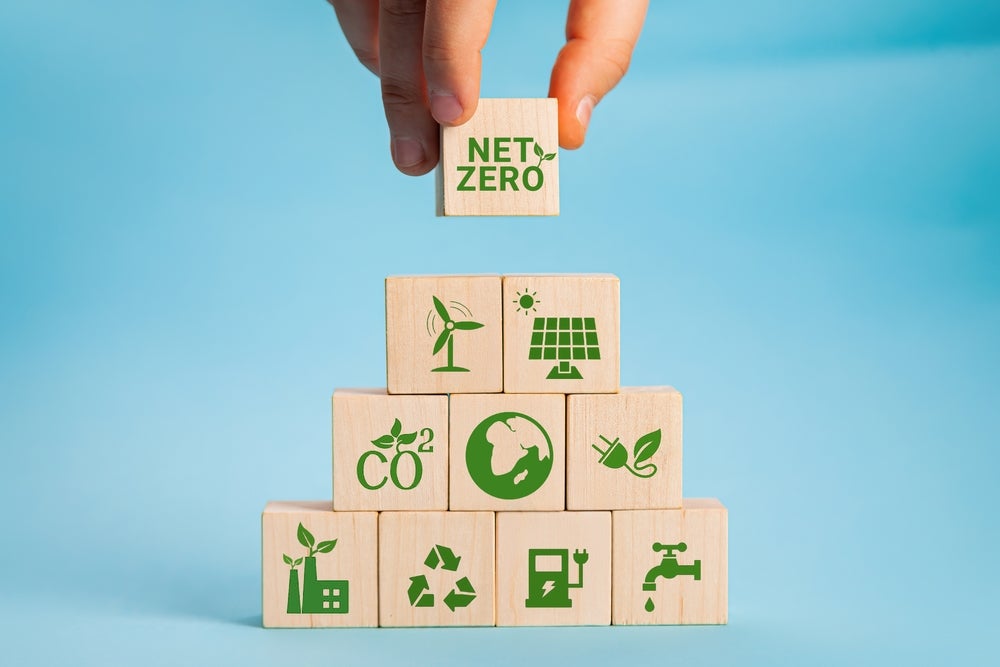
HBL, the largest commercial bank in Pakistan, has decided to aim for net zero carbon emissions by 2030, just one ESG-related goal.
Furthermore, it approved the “no new coal” policy in 2020. Also, it announced it will increase HBL philanthropic funding to 1.5% of the bank’s profit after tax from 2023.

Access deeper industry intelligence
Experience unmatched clarity with a single platform that combines unique data, AI, and human expertise.
This was all detailed in the bank’s Impact and Sustainability Report for 2021. Furthermore, the firm stated it would stop financing industries that contribute to deforestation, reduce HBL exposure to exclusion list items, and conduct in-house and external training geared towards increasing ESG-related awareness.
It also revealed that the HBL Foundation granted over Rs. 2.7bn ($34.7m) to healthcare, education, and community development programmes in the last decade, impacting more than nine million lives.
Sultan Ali Allana, chairman – HBL, said: “I am delighted to share the first Impact and Sustainability Report of HBL. We at HBL believe that it is incumbent upon us, being a part of the Aga Khan Fund for Economic Development (AKFED), to embody the key value of maintaining a balance between what we do and what we share. Our wide outreach across the country enables us to keep a finger on the pulse of society. It is for this very reason that our spending on social and developmental causes is the highest in the industry and certain sectors of the country. We consider ourselves to be a bank with a soul.
“For over 10 years, we have been supporting a wide array of projects both in the private and the public sector, with a particular focus on health and education through the HBL Foundation. We hope this report will serve to remind us all that we are who we are because we have been fortunate to receive what has been graced upon us by Allah. It is therefore imperative for us to give what we can for the betterment of those who need it the most.”

US Tariffs are shifting - will you react or anticipate?
Don’t let policy changes catch you off guard. Stay proactive with real-time data and expert analysis.
By GlobalDataDBS and Betterment are among the companies best positioned to take advantage of future ESG disruption in the wealth management & private banking industry, our analysis shows.
The assessment comes from GlobalData’s Thematic Research ecosystem, which ranks companies on a scale of one to five based on their likelihood to tackle challenges like ESG and emerge as long-term winners of the wealth management & private banking sector.







